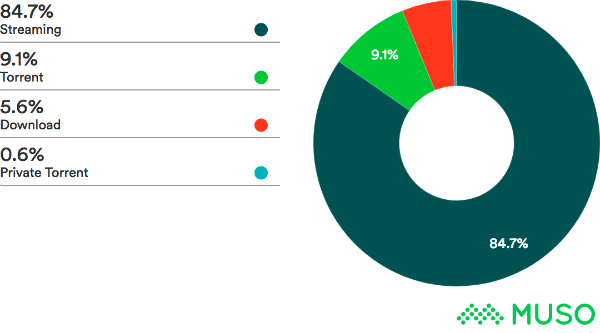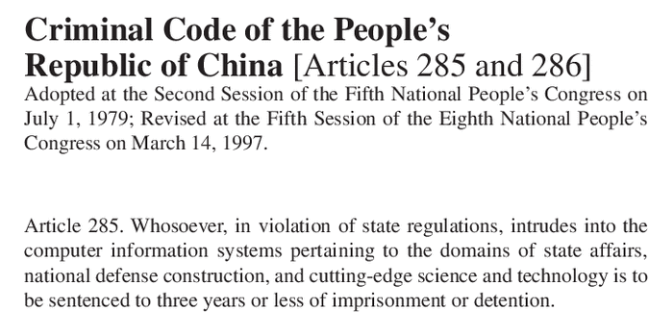Mandatory Piracy Filters Could Breach Human Rights, EU Members Warn
mercredi 6 septembre 2017 à 09:42 Last year, the European Commission published its long-awaited proposal to modernize EU copyright law. Among other things, it will require online services to do more to fight piracy.
Last year, the European Commission published its long-awaited proposal to modernize EU copyright law. Among other things, it will require online services to do more to fight piracy.
Specifically, Article 13 of the proposed Copyright Directive requires online services to monitor and filter pirated content, in collaboration with rightsholders.
This means that online services, which deal with large volumes of user-uploaded content, must use fingerprinting or other detection mechanisms to block copyright infringing files, similar to YouTube’s Content-ID system.
The Commission stressed that the changes are needed to support copyright holders. However, many legal scholars, digital activists, and members of the public worry that they will violate the rights of regular Internet users.
They believe that mandatory filters ignore established case law and human rights. This critique is now, in part, backed up by questions from several EU member states.
Authorities in Belgium, Czech Republic, Finland, Hungary, Ireland and the Netherlands have recently sent a series of questions to the Council Legal Service, requesting clarification on several issues.
The document (pdf), published by Statewatch, asks whether a mandatory piracy filter is proportionate and compatible with existing law.
“Would the standalone measure/ obligation as currently proposed under Article 13 be compatible with the Charter of Human Rights […] in the light of the jurisprudence of the CJEU that aims to secure a fair balance in the application of competing fundamental rights?
“Are the proposed measures justified and proportionate?” the member states add.
Specifically, the member states suggest that the filters may hinder people’s right to freedom of expression and information, the right to protection of personal data, and freedom to conduct a business.
One of the problems is that such filters work by monitoring the communications of all citizens uploading to platforms, which would go against existing EU law. In the Sabam v Netlog case, the European Court of Justice ruled that hosting sites can’t be forced to filter copyrighted content, as this would violate the privacy of users and hinder freedom of information.
The letter, which was sent on July 25, also stresses that important copyright exceptions, such as parody and the right to quote, are not taken into account.
“The [Commission’s] proposal does not provide for appropriate measures that would enable these users to actually benefit from public interest copyright exceptions. It is important to point out that certain exceptions to copyright, such as e.g. parody or the quotation right are the embodiment in copyright of fundamental rights other than the right to property.”
This is not the first time that member states have responded critically to the proposal. Tweakers notes that the Dutch Government previously stressed that there should be a better balance between the rights of consumers and copyright holders.
The recent letter from the six member states backs up many of the questions that have been asked by activists, scholars and members of the public, including the “Save the Meme” campaign. These critics hope that the proposal will be changed substantially, ideally without mandatory piracy filters, when it’s voted on in the EU Parliament.
Source: TF, for the latest info on copyright, file-sharing, torrent sites and ANONYMOUS VPN services.
 The seventh season of Game of Thrones has brought tears and joy to HBO this summer.
The seventh season of Game of Thrones has brought tears and joy to HBO this summer.

 In June, a New York District Court handed down a default judgment against
In June, a New York District Court handed down a default judgment against 
